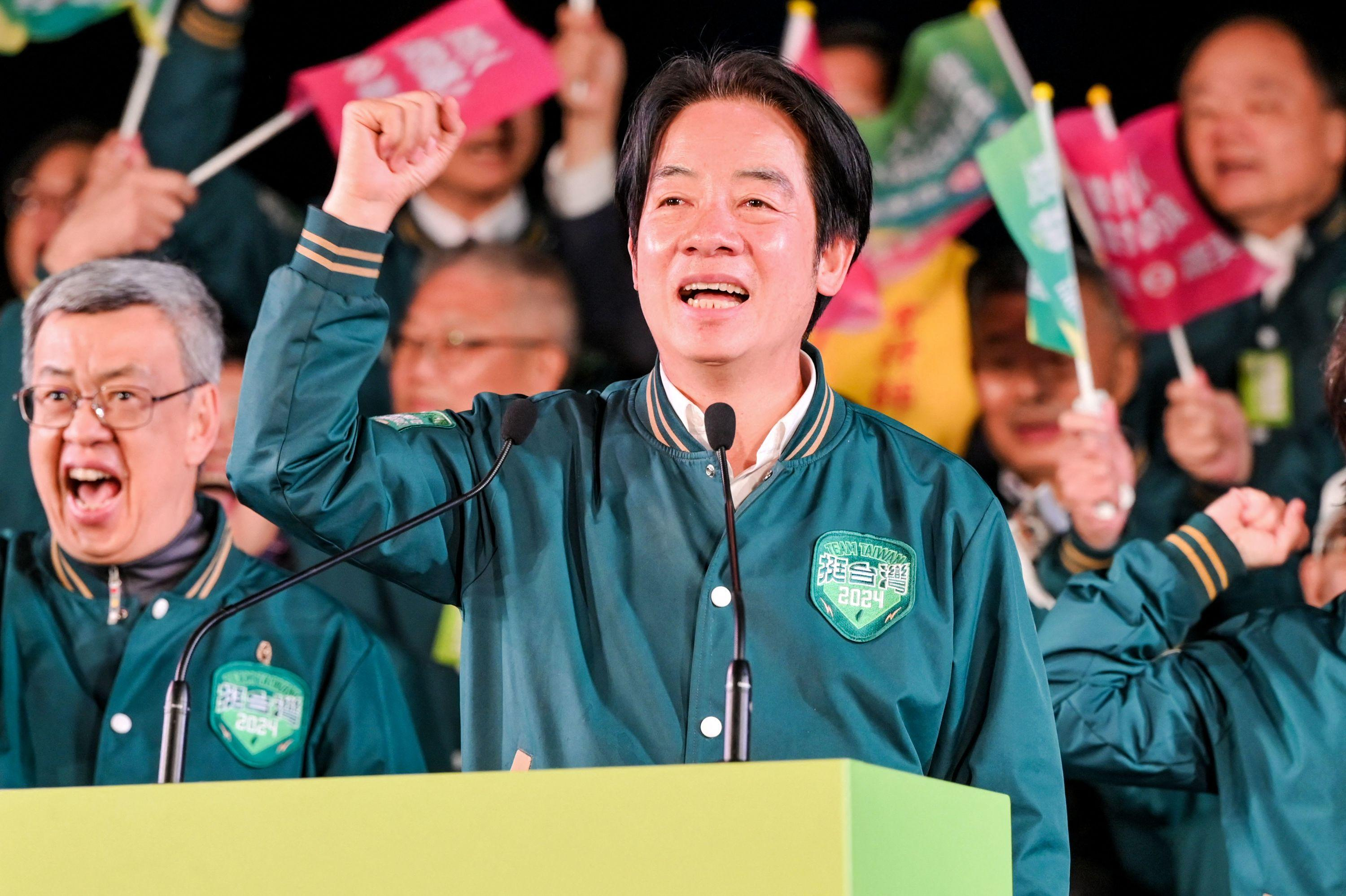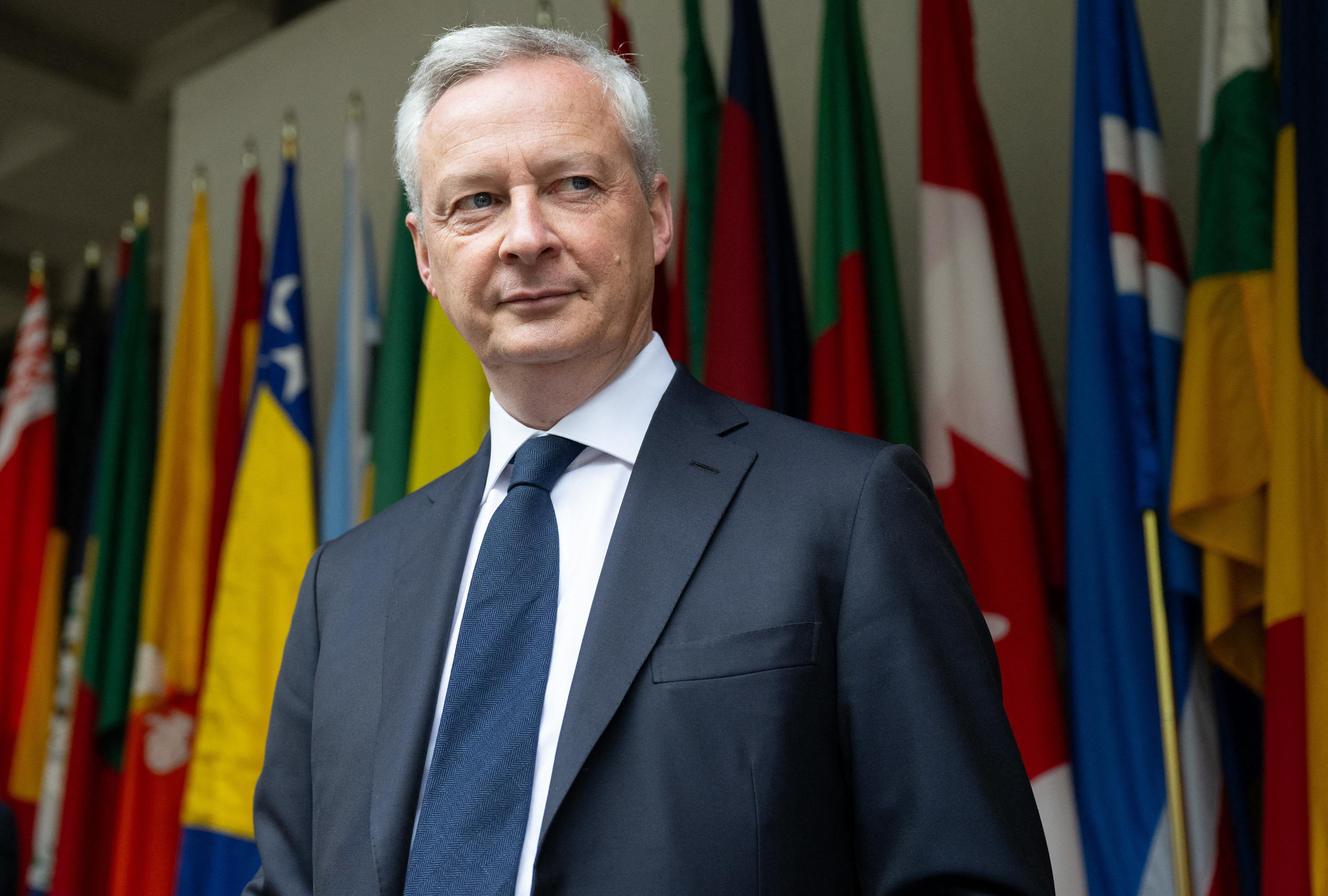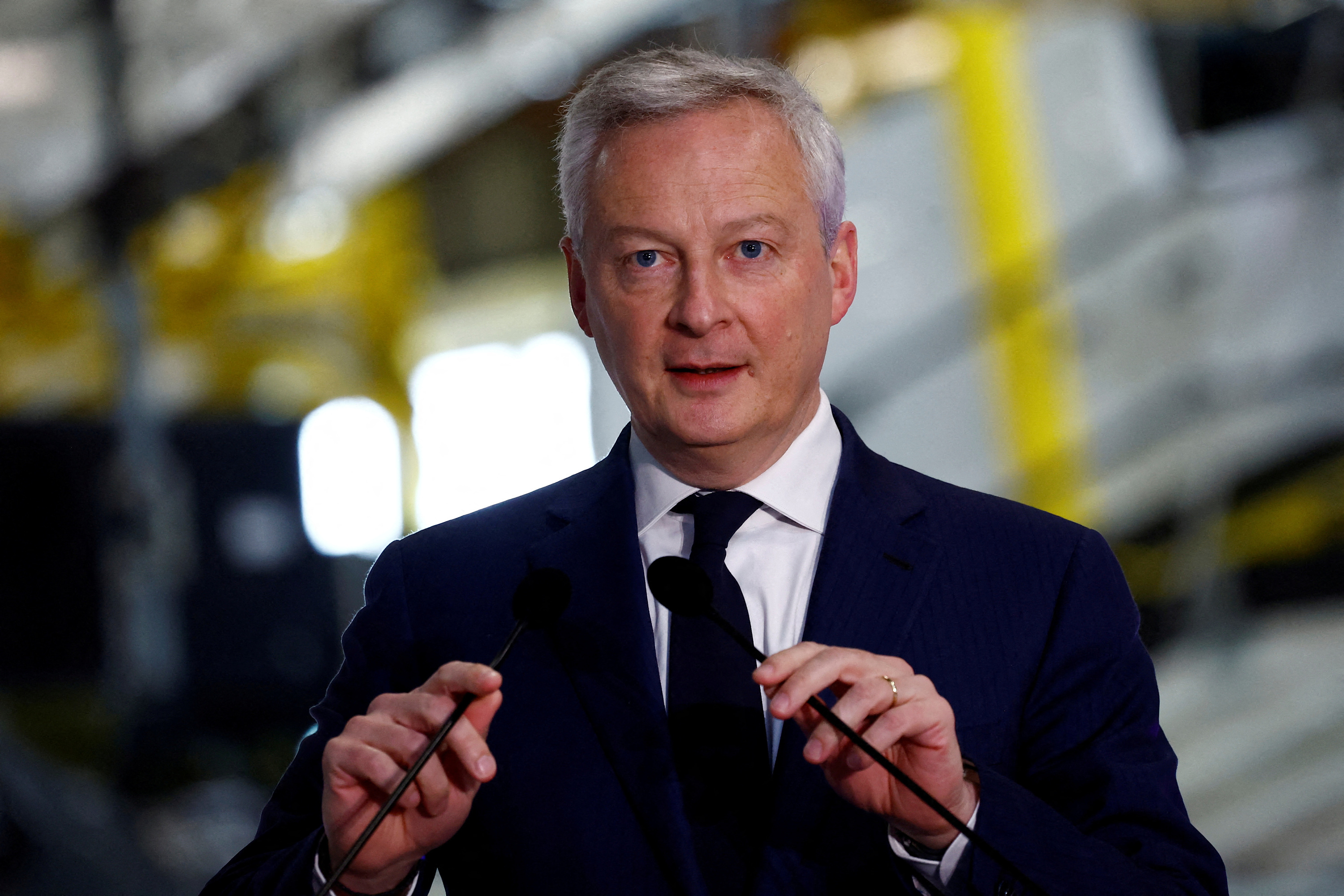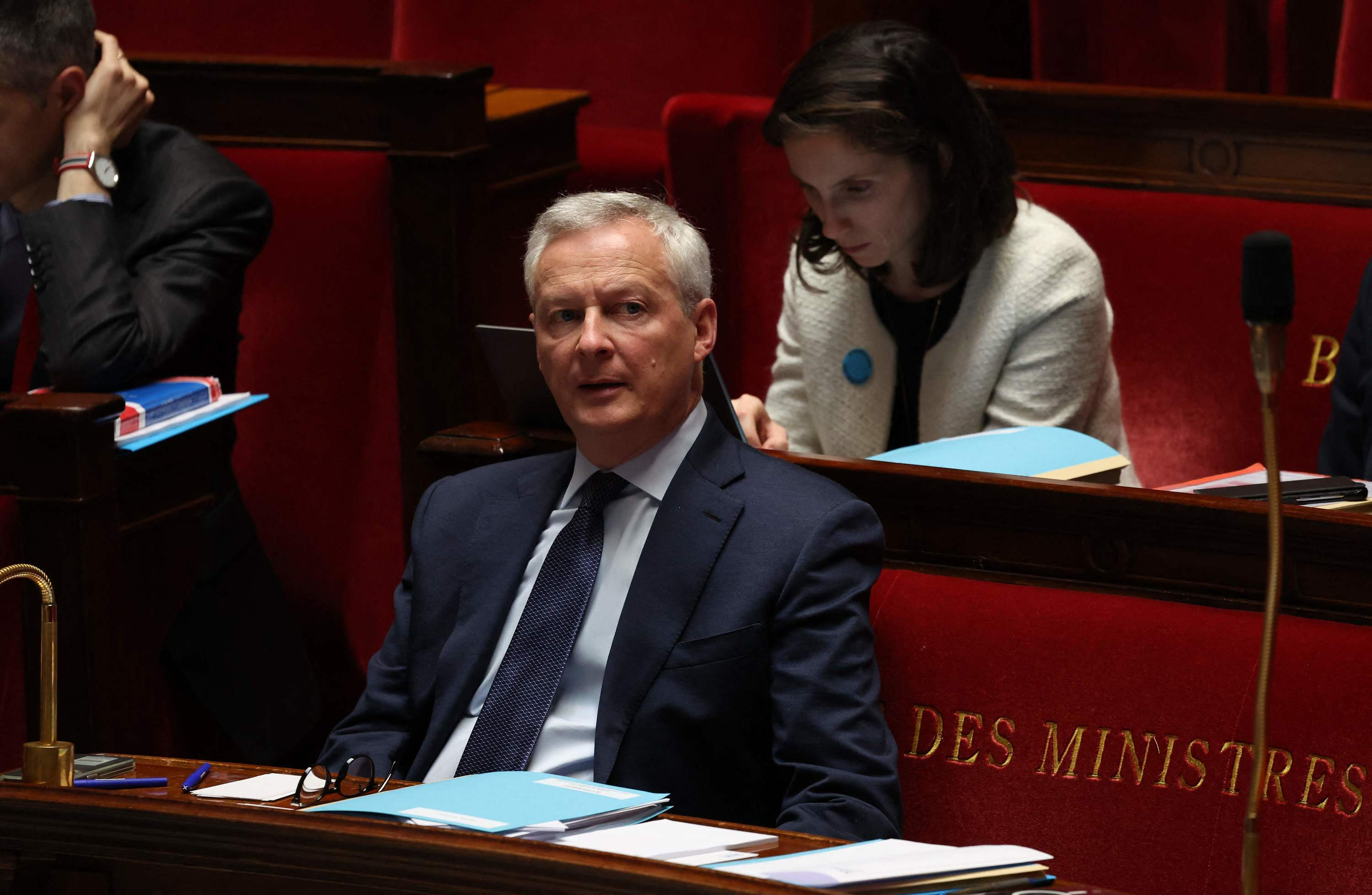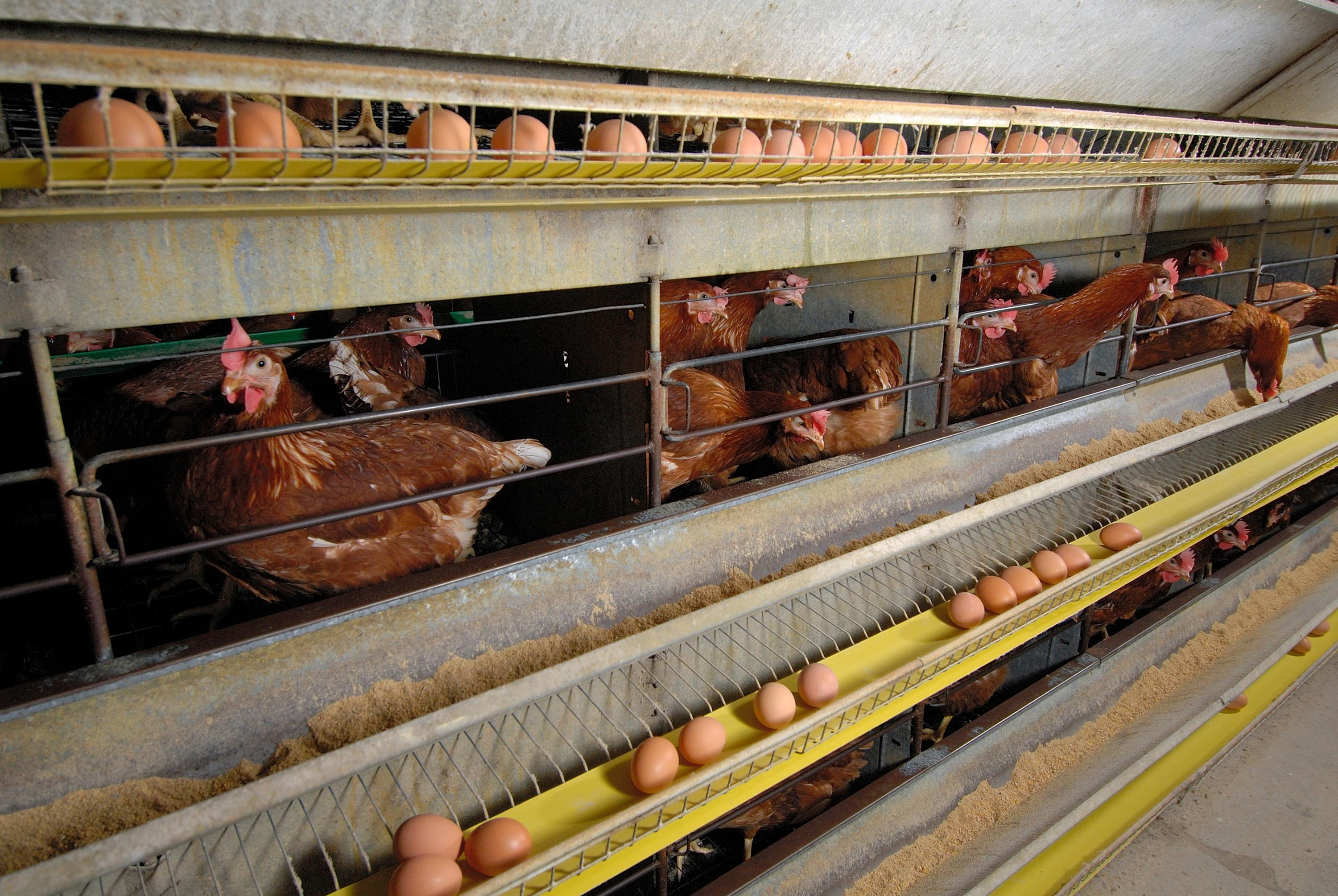It has everything of an ordinary campaign video. This pastille adopts all the codes of social networks: short, filmed vertically, its message transcribed in thick yellow letters. DPP candidate and poll favorite in the Taiwanese presidential race, Lai Ching-te, speaks in front of an audience of cameras during a trip. But his words are surprising. The 64-year-old openly criticizes his two opponents, going against the polite tone he has tried to use since the start of his campaign.
On closer inspection, the video is fake. The method is well known: it is a deepfake, a contraction of deep learning and fake, or “hyperfaking” in French. The person's physical features, facial expressions and voice are reproduced by artificial intelligence in order to make them speak a speech that is not their own. The candidate denies having made such comments but the damage is done. And this is not the first time that such a process has been used in the campaign. The candidate of Taiwan's People Party (TPP), Ko Wen-Je, suffered the same fate with fake recordings of his voice in which he accuses his opponent Lai of paying extras to bring them to his rallies.
After the Brexit campaign in Great Britain, the Cambridge Analytica scandal in the United States, or more recently the presidential elections in Argentina, it is Taiwan's turn to suffer a disinformation campaign in the run-up to the presidential election and the legislative elections scheduled for January 13. Deepfake, false information, propaganda videos and even pornographic video blackmail have become commonplace on Taiwanese social networks. But it is TikTok, owned by the Chinese company Byte Dance, that worries the authorities the most.
In just a few years, the video-sharing social network has become a channel conducive to the propagation of false information among the Taiwanese. For Jonathan Sullivan, a China specialist and lecturer at the University of Nottingham in the United Kingdom, “Tik Tok is an excellent propaganda tool.” The information there is “decontextualized, viral and impossible to demystify quickly.” Their order of appearance on the News Feed is “dictated by a secret algorithm.”
The British researcher considers it “likely” that the data left by Internet users will be visible to the Beijing government due to the close ties between Chinese companies and the Communist Party. This collection would serve to “understand how people are influenced and how they think”, according to Samantha Hoffman, of the Australian Policy Strategy Institute (ASPI) cited by INSERM researchers Paul Charon and Jean-Baptiste Jeangène Vilmer in their report: “Chinese influence operations” (2021).
This personal data is then used to carry out disinformation campaigns targeting Taiwan. But these raids are not always carried out by people high up in the Chinese state apparatus. Ordinary Chinese citizens, called “volunteers,” can do this, according to Mr. Sullivan. And for this election year, the strategy has changed. Previously, these Internet users were content to spread party propaganda on the networks. Now, they are “using their resources to amplify disinformation and controversial content created by the Taiwanese themselves. »
It is difficult not to see the hand of the Beijing government behind this strategy of destabilization organized on Tik Tok and other social networks like Facebook or Line, much more popular with the island's inhabitants. “China has a sophisticated and dense system for creating and disseminating misinformation in Taiwan's information environment,” explains the British expert.
He adds, however, that “the results were never very significant. » Nothing proves the effectiveness of propaganda messages with this privileged target. For researcher at the French Center for the Study of Contemporary China and specialist in Taiwanese youth Tanguy Lepesant, it is enough to look at Ko Wen-je's popularity among young people. Credited with 30 to 50% of voting intentions among those under 30, he far outdistances his competitors.
The TPP candidate is not kind to the Chinese government, which prefers the Kuomintang (KMT) candidate, a party “still in the hands of a conservative old guard and mostly in favor of unification with China. ". Conversely, “the low levels of voting intentions that the KMT continues to record among those under 30 (below 20%) are a sign of the failure of China's attempts to influence this segment of the population. the population” analyzes Mr. Lepesant.
Young Taiwanese people are far from being fooled. Fully aware of navigating a digital world saturated with biased and erroneous information, they seem “immune […] and very good at discerning fact from fiction online,” according to Jonathan Sullivan. The Taiwanese government, with its national fact-checking strategy, is banking on the vigilance and “resistance” of citizens to counter the flow of false information on social networks.
Its first initiative in this area saw the light of day in 2015. Taiwanese computer engineer Charles Yeh launched MyGoPen, an online chatbot that receives fake articles from Internet users. He then sends them to a team of fact-checkers, journalists responsible for verifying false information.
Three years later, the NGO Taiwan FactCheck Center was created for a similar purpose. She stood out during the Covid-19 crisis with the “Corona Virus Fact Alliance” initiative. This coalition brought together 100 fact-checkers around the world who corrected more than 17,000 false information about the virus. Offline, media education courses are now given in schools, villages and temples in order to recognize fake news yourself with the credo: “humor rather than rumor”, in the words from Minister of Digital Affairs Audrey Tang.
However, all these initiatives fail to block the wave of disinformation online. A few days before a presidential election at the heart of diplomatic tensions between Taiwan and its powerful neighbor, the government is worried about its potential impact at the polls. The survival of the country depends on it, in the face of a China which hopes for the return of the island to its heart at the cost of a hybrid war mixing military demonstrations and psychological pressure.

 What is chloropicrin, the chemical agent that Washington accuses Moscow of using in Ukraine?
What is chloropicrin, the chemical agent that Washington accuses Moscow of using in Ukraine? Poland, big winner of European enlargement
Poland, big winner of European enlargement In Israel, step-by-step negotiations for a ceasefire in the Gaza Strip
In Israel, step-by-step negotiations for a ceasefire in the Gaza Strip BBVA ADRs fall almost 2% on Wall Street
BBVA ADRs fall almost 2% on Wall Street Sánchez cancels his agenda and considers resigning: "I need to stop and reflect"
Sánchez cancels his agenda and considers resigning: "I need to stop and reflect" The Federal Committee of the PSOE interrupts the event to take to the streets with the militants
The Federal Committee of the PSOE interrupts the event to take to the streets with the militants Repsol: "We want to lead generative AI to guarantee its benefits and avoid risks"
Repsol: "We want to lead generative AI to guarantee its benefits and avoid risks" Osteoarthritis: an innovation to improve its management
Osteoarthritis: an innovation to improve its management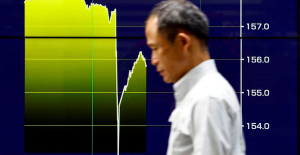 The yen jumps 3% then falls again, amid speculation of Japanese intervention
The yen jumps 3% then falls again, amid speculation of Japanese intervention A very busy Friday on the roads of Île-de-France before the Ascension Bridge
A very busy Friday on the roads of Île-de-France before the Ascension Bridge Fraud: the government is preparing new measures for the fall
Fraud: the government is preparing new measures for the fall Nike breaks the bank to keep the Blues jersey
Nike breaks the bank to keep the Blues jersey Madonna ends her world tour with a giant - and free - concert in Copacabana
Madonna ends her world tour with a giant - and free - concert in Copacabana Harry Potter: Daniel Radcliffe “really saddened” by his final breakup with J.K. Rowling
Harry Potter: Daniel Radcliffe “really saddened” by his final breakup with J.K. Rowling Leviathan, New York Trilogy... Five books by Paul Auster that you must have read
Leviathan, New York Trilogy... Five books by Paul Auster that you must have read Italy wins a decisive round against an American museum for the restitution of an ancient bronze
Italy wins a decisive round against an American museum for the restitution of an ancient bronze Omoda 7, another Chinese car that could be manufactured in Spain
Omoda 7, another Chinese car that could be manufactured in Spain BYD chooses CA Auto Bank as financial partner in Spain
BYD chooses CA Auto Bank as financial partner in Spain Tesla and Baidu sign key agreement to boost development of autonomous driving
Tesla and Baidu sign key agreement to boost development of autonomous driving Skoda Kodiaq 2024: a 'beast' plug-in hybrid SUV
Skoda Kodiaq 2024: a 'beast' plug-in hybrid SUV The home mortgage firm rises 3.8% in February and the average interest moderates to 3.33%
The home mortgage firm rises 3.8% in February and the average interest moderates to 3.33% This is how housing prices have changed in Spain in the last decade
This is how housing prices have changed in Spain in the last decade The home mortgage firm drops 10% in January and interest soars to 3.46%
The home mortgage firm drops 10% in January and interest soars to 3.46% The jewel of the Rocío de Nagüeles urbanization: a dream villa in Marbella
The jewel of the Rocío de Nagüeles urbanization: a dream villa in Marbella Europeans: a senior official on the National Rally list
Europeans: a senior official on the National Rally list Blockade of Sciences Po: the right denounces a “drift”, the government charges the rebels
Blockade of Sciences Po: the right denounces a “drift”, the government charges the rebels Even on a mission for NATO, the Charles-de-Gaulle remains under French control, Lecornu responds to Mélenchon
Even on a mission for NATO, the Charles-de-Gaulle remains under French control, Lecornu responds to Mélenchon “Deadly Europe”, “economic decline”, immigration… What to remember from Emmanuel Macron’s speech at the Sorbonne
“Deadly Europe”, “economic decline”, immigration… What to remember from Emmanuel Macron’s speech at the Sorbonne These French cities that will boycott the World Cup in Qatar
These French cities that will boycott the World Cup in Qatar Mercato: Verratti at Barça? A track studied
Mercato: Verratti at Barça? A track studied Rugby: after the defeat during the Six Nations, the Blues will meet the English in September for a test match
Rugby: after the defeat during the Six Nations, the Blues will meet the English in September for a test match Premier League: Liverpool unveils its new jersey for next season
Premier League: Liverpool unveils its new jersey for next season Formula 1: Alpine holds its new executive technical director
Formula 1: Alpine holds its new executive technical director